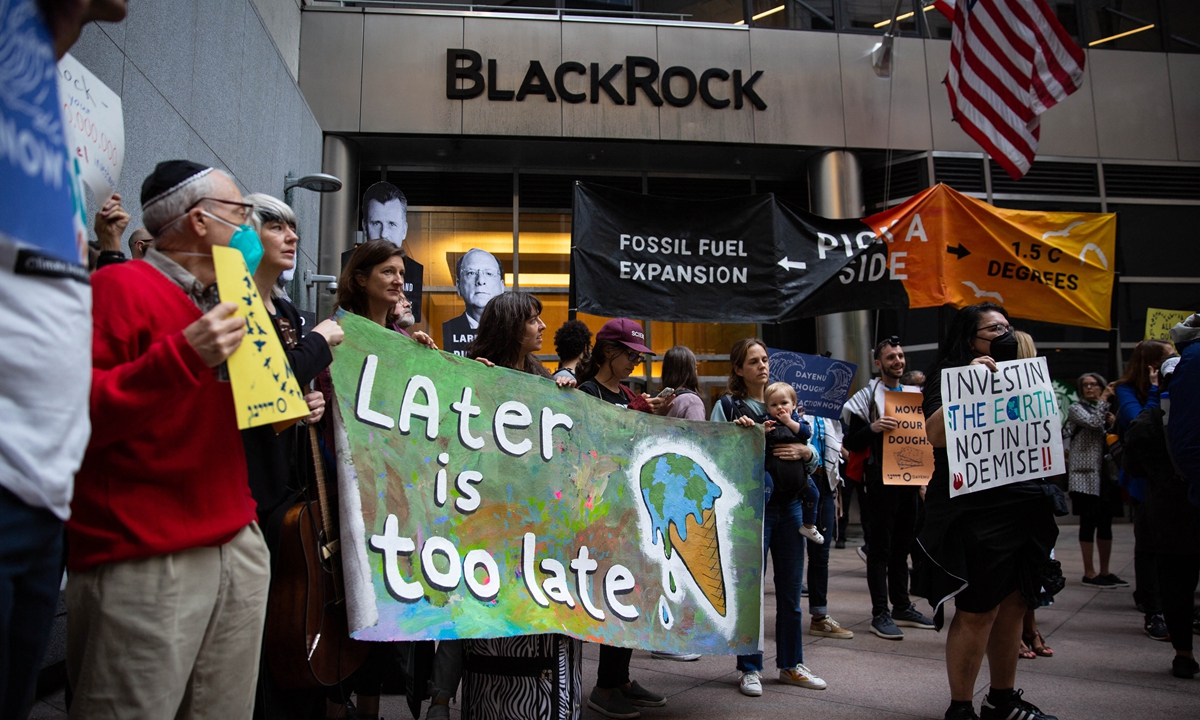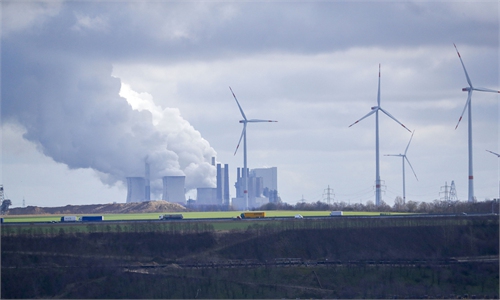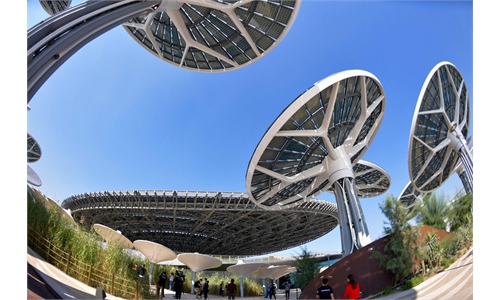Africa fossil fuel investment surges
Report finds spending 30 times more than on air pollution

Dozens of demonstrators protest outside of BlackRock in New York, the US, to call for them to stop investing in new fossil fuel projects on May 25, 2022.
Foreign governments are spending more than 30 times more on fossil fuel projects in Africa than on initiatives to lessen the impacts of the continent's second-biggest killer, air pollution, research showed on Wednesday.
The report, released on the International Day of Clean Air, showed how little donor nations spend on improving air quality while ploughing money into dirty energy and infrastructure projects across Africa.
The United Nations estimates that air pollution kills around 9 million people globally each year, with fossil fuels accounting for two-thirds of the levels of harmful particulates humans are exposed to.
The financial benefits of improving air quality alone would far exceed the costs of slashing emissions to meet the Paris Agreement temperature goals, according to a landmark United Nations climate science assessment in 2022.
Yet, as Wednesday's analysis by the Clean Air Fund shows, US, European and Asian governments are still going ahead with fossil fuel-based development projects that will likely worsen already poor air quality in cities and along highways across Africa.
The fund found that just 0.3 percent of African countries' development assistance received between 2015-21 had been specifically earmarked for air quality projects, despite pollution being responsible for some one in five deaths continent-wide.
During the same period, donor nations provided 36 times more funding for prolonging fossil fuel use in Africa.
"That difference alone is extremely startling," Dennis Appiah, head of the fund's Ghana office and a co-author of the report.
"I think it's also highlighted that most often governments are not paying attention to the issue of air pollution," he told AFP. "Either they are not conscious of the impact of it, or they do not see it as a problem."
Appiah called air pollution a "silent killer" as its effects are far harder to see and message to communities compared with other climate-linked phenomena such as flooding.
An ongoing population boom means Africa will be - on current birth rates - home to some 2.5 billion people by 2050, with the UN estimating that 26 countries will double their populations by then.
The vast majority of population growth will occur in urban areas, with much of the infrastructure needed to support increases yet to be built.
The continent is virtually blameless for climate change yet continues to be a hot spot for extreme events linked to global heating. Appiah said that while Africa's development needs were huge, governments needed to prioritize sustainable ways of electrifying and connecting communities.
AFP



